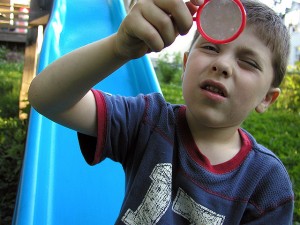Facet Publishing have announced the release of Participatory Heritage, edite d by Henriette Roued-Cunliffe and Andrea Copeland
d by Henriette Roued-Cunliffe and Andrea Copeland
The internet as a platform for facilitating human organization without the need for organizations has, through social media, created new challenges for cultural heritage institutions. Challenges include but are not limited to: how to manage copyright, ownership, orphan works, open data access to heritage representations and artefacts, crowdsourcing, cultural heritage amateurs, information as a commodity or information as public domain, sustainable preservation, attitudes towards openness and much more.
Participatory Heritage uses a selection of international case studies to explore these issues. It demonstrates that in order for personal and community-based documentation and artifacts to be preserved and included in social and collective histories, individuals and community groups need the technical and knowledge infrastructures of support that formal cultural institutions can provide. In other words, both groups need each other.
The editors said, “It is our hope that this book will help information and heritage professionals learn from others who are engaging with participatory heritage communities”.
Henriette Roued-Cunliffe, DPhil is an Assistant Professor at the Royal School of Library and Information Science, University of Copenhagen, Denmark. She teaches and researches heritage data and information, and in particular how DIY culture is engaging with cultural heritage online and often outside of institutions. Her website is: roued.com.
Andrea Copeland is an Associate Professor in the Department of Library and Information Science in the School of Informatics and Computing at Indiana University, Indianapolis. Her research focus is public libraries and their relationship with communities, with a current emphasis on connecting the cultural outputs of individuals and community groups to a sustainable preservation infrastructure.



 d by Henriette Roued-Cunliffe and Andrea Copeland
d by Henriette Roued-Cunliffe and Andrea Copeland